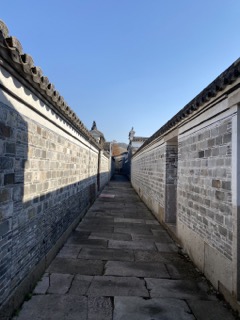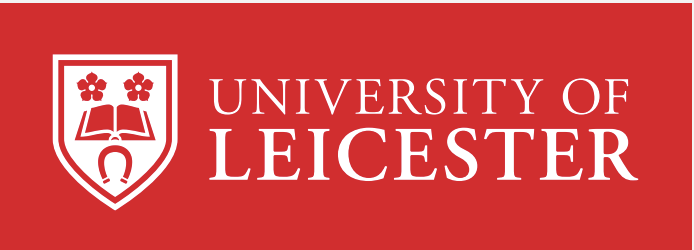Author: Yan

I had a wonderful time with my dad, recalling a few classic sayings my Ah Niang (Cicheng dialect, grandmother) used to say. These sayings reflect the folk wisdom, pragmatism and humour of the Chinese people living through the turbulent years of most of 20th century.
And they are still present today in my attitude towards life. Unfortunately, the written form of these sayings do not carry the rhythm and musicality of the spoken dialect.
Here’s one about how to be empathetic and thus to reach an understanding and mental equilibrium yourself.
前半夜忖忖自家,后半夜忖忖人家 Literally, “think about yourself in the first half of the night, and think about the other party in the second half”. If you seethe with anger towards others and cannot go to sleep, think from the other side as well. Once you have considered both perspectives, you will have a more balanced view, and subsequently, your anger will recede.
These two are about how to manage your finance.
宁可买弗值,勿可买吃食。(宁可买不值得,不合算的用品,不可买吃的东西。意思是积累财物,才是持家之道。 It’s better buy something not worthwhile than wasting money on unnecessary food. With something not worthwhile, at least the thing is there, and wealth can thus accumulate. But if you buy unnecessary food, it doesn’t leave a trace!
吃弗穷,穿弗穷,打算弗好一世穷。Buying food will not impoverish you, nor will buying clothes, but if you don’t plan well, you can be poor the whole life.
These two are quite similar in placing a mother’s love over a father’s one.
爹有弗如娘有: It’s better for the mother to have possessions than the father. The implication is that mothers are more likely to share what they have with children.
宁可死做官爹,弗可死讨饭娘: It’s better to lose a father who is a government official, than a mother who is a beggar. Again this is about how precious a mother’s love is.
These sayings perhaps sustained my father who lost his father at the age of 7, when my Ah Niang was only 29. She remained a widow the rest of her life.
This one might sound a bit uncouth, but very expressive.
门背后撒屙,不图天亮。(坏事总要败露的。)Literally, if you poo behind the door, you are not thinking the day will break. It means anything bad you do will be exposed sooner or later.
This one describes inefficiency when too many people are involved in a task, similar to “too many cooks spoil the broth”. We often see today as well in all unnecessary bureaucracies.
三个厨工杀蝈蜢,两个厨工柯脚梗。(脚梗,大腿和小腿。幽默地讽刺人浮于事,浪费劳力。)Three chefs are trying to kill a grasshopper, with two holding down its legs.
Of course, there are many more. My father said, in the humour of Ah Niang’s sayings, he feels his mother’s love. And so do I — the presence of Ah Niang and her love.
